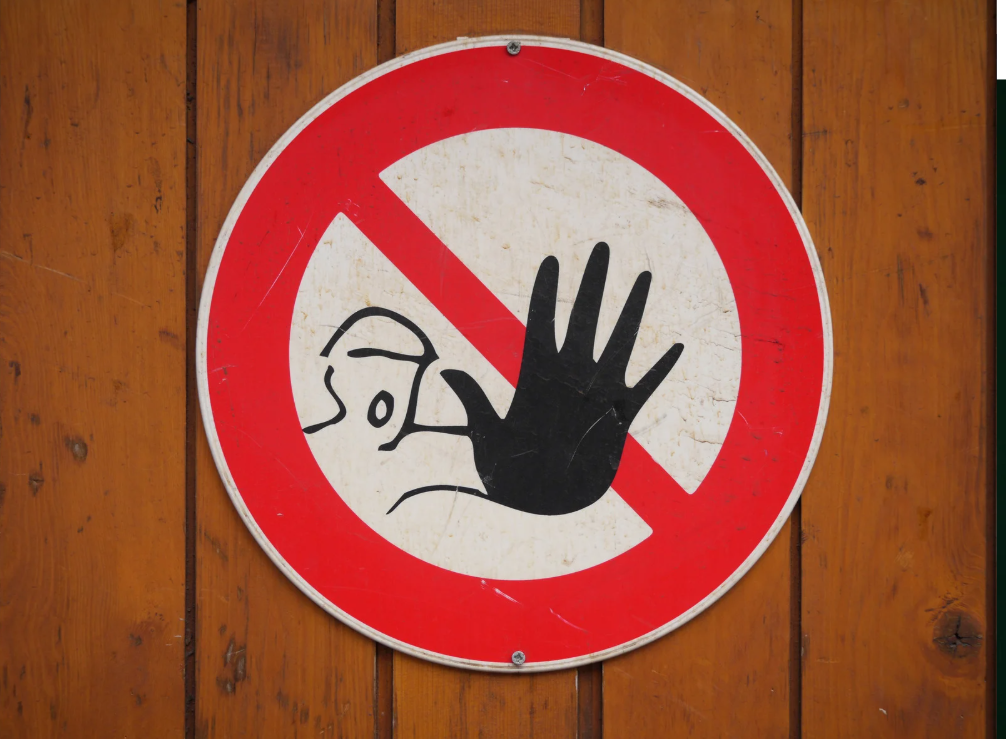We often talk about grades, scholarships, and achievements – yet there’s something quietly shaping a student’s success and happiness that rarely gets the attention it deserves: the ability to build and maintain healthy relationships. A student may excel academically but feel isolated; may win awards yet struggle with insecurity in group settings. Within the CASEL framework of holistic social-emotional development that Mentors14 follows, Relationship Skills are not just “soft add-ons,” but a core life competency – one that builds lasting, positive connections and helps students learn how to bond, collaborate, and grow alongside others.
Understanding Relationship Skills: More Than “Socializing Well”

Many people mistake relationship skills for charm or diplomacy. In truth, they are far deeper – encompassing genuine connection, active listening, respectful conflict resolution, and the ability to set healthy boundaries. These require emotional maturity, patience, and subtle awareness – things that can’t be learned from textbooks alone, but must be practiced through lived experience, especially as students begin forming their social awareness and sense of self.
Why Should Students Develop This Skill Early?

For students, relationships are not just part of their environment – they are the environment through which they form character, self-worth, and identity. Friendships that fall apart, feelings of exclusion, misunderstandings with parents, or quiet conflicts with teachers can all become hidden emotional burdens, hindering learning and personal growth. Without the ability to navigate these challenges with composure, students risk carrying long-term defensiveness or emotional withdrawal.
Conversely, students with strong relationship skills tend to ask questions when they don’t understand, listen during disagreements, and know when to step away from harmful dynamics. They don’t need a large social circle – just the maturity to choose healthy companions. This is what we call relational intelligence – subtle, resilient, and increasingly vital in today’s complex, competitive world.
The Journey Starts with Self-Understanding

Few realize that to connect well with others, one must first understand oneself. When students aren’t clear about what they expect from relationships – or when they fear rejection and strive to please everyone – connections can easily become performative rather than authentic.
In Mentors14’s 1:1 mentoring program, students experience true connection firsthand: a safe space where they are heard without judgment, guided through open-ended questions instead of prescribed advice. Through consistent and honest dialogue, students learn to express themselves clearly, to listen without losing their voice, and to handle disagreements with respect. These lived experiences form the real foundation of Relationship Skills – not memorized lessons, but growth through authentic interaction.
A Good Relationship Is Where Students Can Be Themselves – and Know When to Step Back

A student with healthy relationship skills doesn’t try to be liked by everyone. Instead, they recognize what makes them feel safe in a relationship, know how to withdraw from toxic dynamics, and can assert personal boundaries gracefully.
This is not easy – especially for young people, whose desire to “be accepted” often outweighs their sense of self. But that’s precisely why Relationship Skills must be nurtured early: so students can learn how to trust wisely, forgive without self-neglect, and stand by others without losing themselves. When they build a positive “ecosystem” of relationships, learning becomes lighter – because they know they’re not alone.
From Connection to Growth
In a fast-paced, competitive world, meaningful relationships are the anchors that preserve students’ mental and emotional balance. But to cultivate such relationships, they must be guided and taught – not to please others, but to grow with them.
At Mentors14, we believe that while knowing how to study is valuable, knowing how to connect is what defines true maturity. Relationship Skills are an essential part of every student’s toolkit – for learning, for growing, and for going far. And that journey begins today – with a mentor who listens, reflects, and helps students see themselves more clearly through every connection they make.
Read the vietnamese version here.


 VIE
VIE